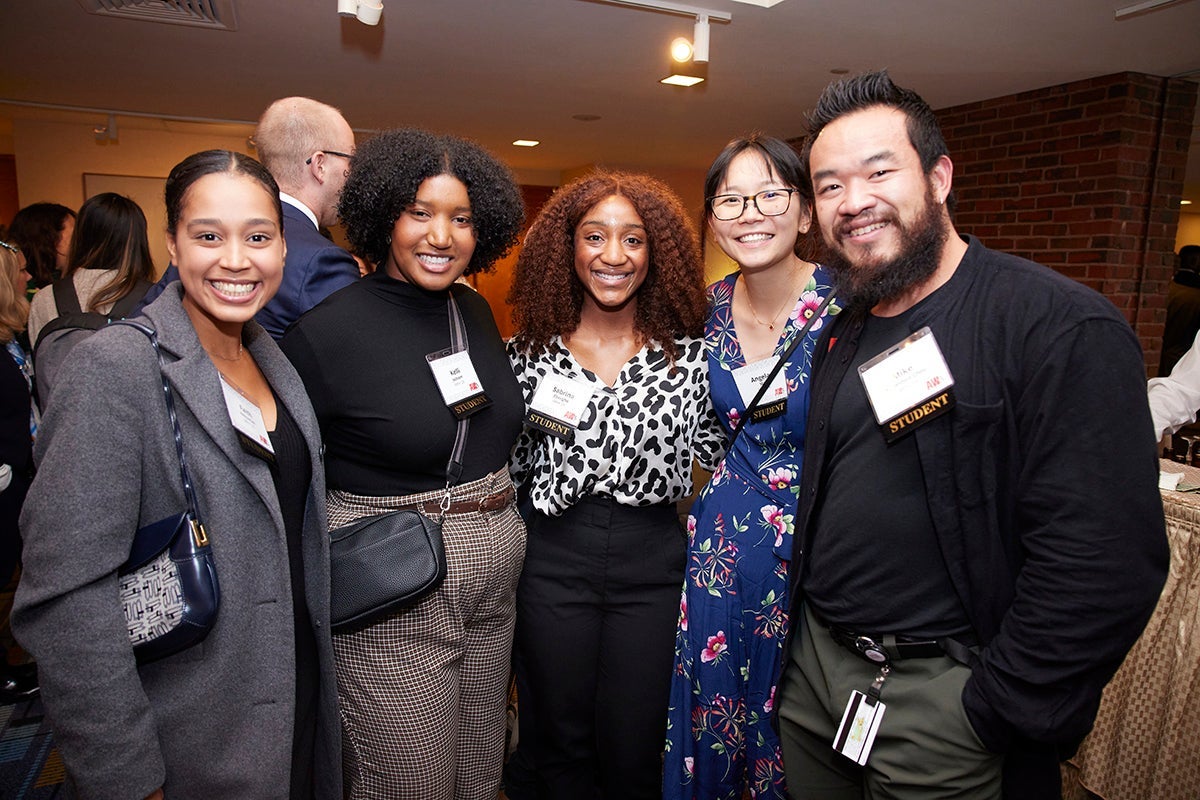Gary Adamkiewicz
Associate Professor of Environmental Health and Exposure Disparities
Environmental Health, Harvard T.H. Chan School of Public Health
Departments
Department of Environmental Health
Biography
Research:
My research is motivated by a desire to alleviate environmental health disparities. A question we frequently ask in public health is: Why does place matter? In an effort to answer this question, my work aims to identify the specific aspects of housing, communities, and neighborhoods that shape an individual's health. Can we understand the specific causal pathways that lead to health-relevant exposures, and can we ultimately intervene to mitigate them? How do these mechanisms lead to exposure and health disparities which burden low-income communities? Both theoretical models and empirical evidence reveal that disparities in environmental exposures can be significant. Understanding key determinants of multiple exposures can aid in developing policies to reduce these disparities.
Brief descriptions of my current research initiatives are listed below:
Housing-related exposure disparities:
This work aims to identify the proximate and contextual factors that shape environmental exposures, especially those related to housing. We have long known that poor housing conditions can be associated with poor health outcomes, but these risks cannot be alleviated without understanding the mechanisms that shape exposures. We also need to understand the social, physiological and behavioral vulnerabilities, which may amplify the health effects associated with these exposures. These questions lie at the intersection of environmental, occupational, social and behavioral health. I have conducted studies that quantify and examine exposures to secondhand smoke, pesticides, endocrine disrupting chemicals, nitrogen dioxide, mold and allergens. All of these studies were conducted in low-income communities or within public housing developments. Most recently, I have looked at these how multiple exposures co-exist in these settings, which sheds light on the importance of cumulative risks in our discussion of health disparities. I am also very interested in examining how environmental risks align and/or interact with other risk factors, such as psychosocial influences, the food environment, access to care, etc.
Evidence-based interventions:
I am interested in research that can be translated directly into action. This can be accomplished through interventions that employ the principles of engineering and building design, as well as policies implemented through institutional and community-based approaches. Through collaborations with policymakers and practitioners, my team is developing ways to directly apply research to public health action and intervention. For example, over the past ten years, the Boston Housing Authority (BHA) has changed many policies and practices aimed at improving the health of their residents. This shift has been directly shaped by research collaborations that I have either participated in or developed. Specifically, BHA has changed their pest-control practices (adopting Integrated Pest Management, or IPM), instituted a ban on smoking within apartments, and moved families from conventional apartments to those designed to be healthy and energy efficient. Now, we must ask: What are the benefits of these green interventions? Do we see reductions in environmental exposures and improvements in health? What are the relevant physical, physiological or psychosocial pathways? Are the costs offset by the benefits? Through several funded studies, we are currently addressing these questions.
Healthy urbanization:
In addition to examining environmental problems facing residents of U.S. cities, I am interested in the challenges of creating healthy and sustainable cities worldwide in the coming century. I am Co-PI of the Health and Places Initiative (HAPI). This initiative includes education and research to minimize the environmental and health detriments of China's unprecedented urbanization. We are working to provide primary and translational research that addresses issues related to housing, land use changes, the built environment, construction practices, water quality and food systems. This work is being conducted in collaboration with Harvard's Graduate School of Design and many collaborators based in China.
Food and our future:
Our day-to-day decisions surrounding the consumption of food can have important personal, local and global consequences. I am interested in informing better decisions by examining the implications of food choices through the lenses of nutrition, human health, environmental degradation, occupational health, climate change and sustainability. I am the co-creator and co-instructor of 'From Farm to Fork, Why What You Eat Matters', a course offered through the Harvard Extension School's Sustainability and Environmental Management Master's program. In my research, I have partnered with other investigators in examining disparities in food access and food security among public housing residents in the Boston area. Availability, accessibility and affordability of healthy food is another important component of the linkages between 'place' and health.
Education and Training
-
B.Eng., Chemical Engineering
Manhattan College -
M.Eng., Chemical Engineering
Manhattan College -
Ph.D., Chemical Engineering
Massachusetts Institute of Technology -
M.P.H., Quantitative Methods
Harvard T.H. Chan School of Public Health


